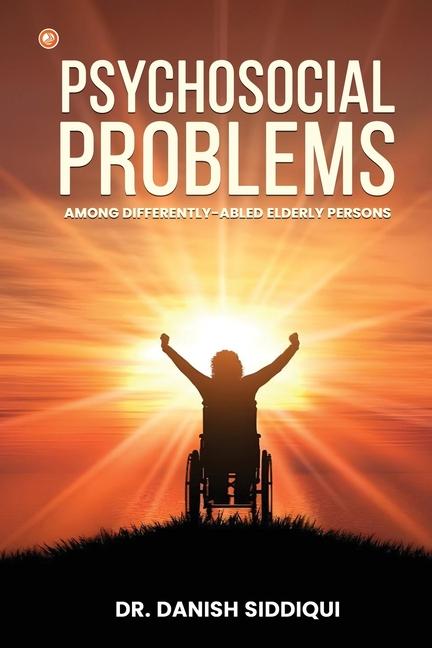Description
Psychosocial Problems Among Differently-Abled Elderly Persons by Dr. Danish Siddiqui explores the complex intersection of psychological and social challenges experienced by elderly individuals living with disabilities. The book aims to provide a comprehensive understanding of the unique struggles this demographic faces, focusing on how both individual and societal factors shape their daily lives and overall well-being. Through in-depth analysis, Dr. Siddiqui highlights the need for a more inclusive, empathetic, and supportive approach to improving the quality of life for the differently-abled elderly population. The book begins by discussing the diverse nature of disabilities and how they impact elderly individuals differently, addressing a wide range of conditions from physical impairments to cognitive and sensory disabilities. It emphasizes the psychological toll of living with a disability, such as challenges related to self-identity, self-esteem, and emotional well-being. Social isolation, stigmatization, and exclusion from mainstream activities are explored as significant psycho-social barriers, with particular focus on how these factors contribute to the mental health struggles of elderly individuals. Dr. Siddiqui also delves into the systemic issues that complicate the lives of differently-abled elderly persons. The book covers the barriers they face in accessing education, employment, healthcare, and public spaces, as well as the impact of caregiver dynamics. It further discusses the emotional and financial toll caregiving can take on families, and the lack of adequate support structures that exacerbate the situation. With advocacy for a more inclusive society at the forefront, Dr. Siddiqui calls for changes in policies, public awareness, and social attitudes that can enable differently-abled elderly persons to live independently and with dignity. He advocates for building accessible environments, fostering community support, and ensuring that both caregivers and the elderly receive the necessary resources for improved well-being. This book is a vital resource for policymakers, social workers, healthcare professionals, caregivers, and anyone interested in enhancing the lives of differently-abled elderly persons. It provides valuable insights into the psychosocial barriers these individuals face and offers a roadmap for creating a more inclusive and supportive society
Product Details
- Jun 14, 2025 Pub Date:
- 9365540356 ISBN-10:
- 9789365540352 ISBN-13:
- English Language




